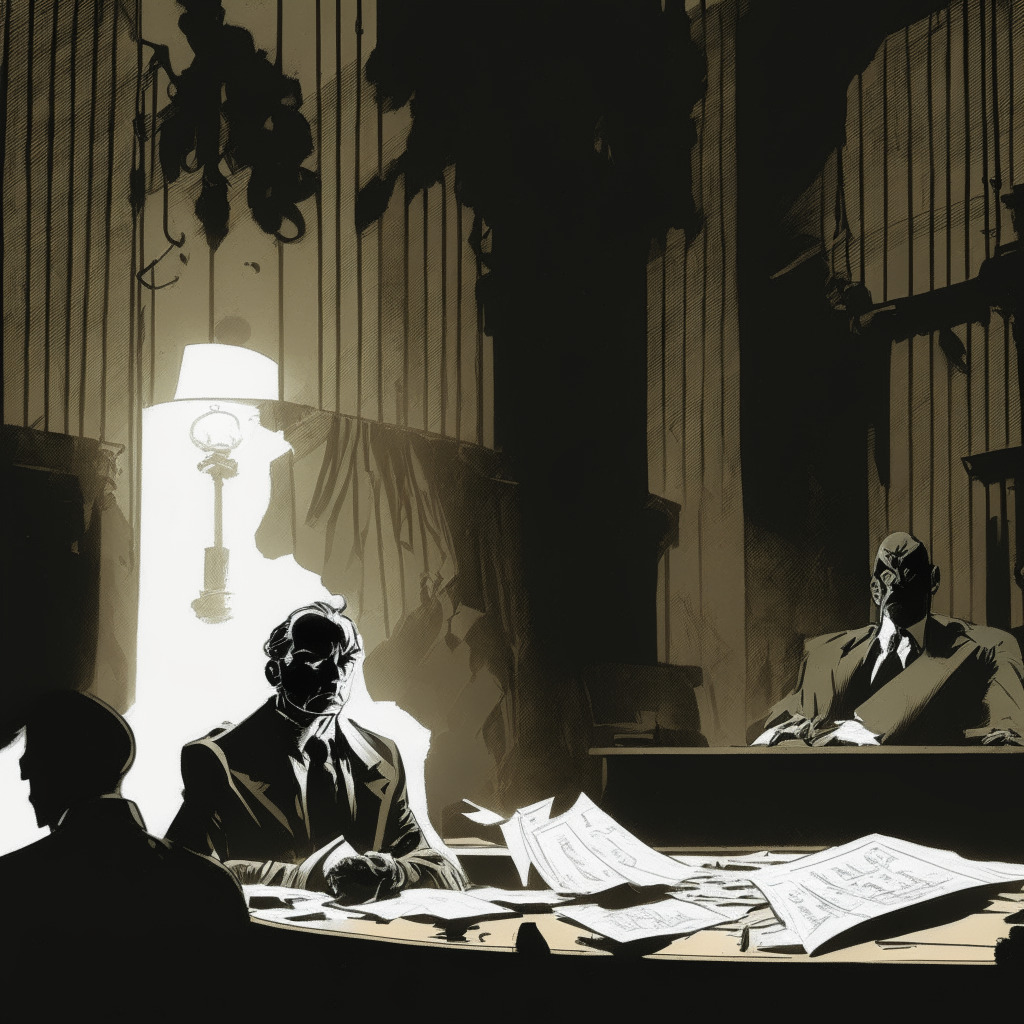In a recent noteworthy development in the crypto space, Craig Wright, who professes to be the inventor of Bitcoin, Satoshi Nakamoto, has been granted the right to argue his case that the Bitcoin file format merits copyright protection under UK law. This decision was reached by a bench of three judges in the UK, overturning a previous court denial.
On February 8, 2023, Wright’s contention that he should be allowed to impede the operation of Bitcoin and its system fork, Bitcoin Cash, due to violations of his intellectual property rights, was rebuffed by a UK Court. Wright aimed his claim at an array of defendants associated with Bitcoin, numbering 26 in total, including developers and several sections of crypto exchange Coinbase. Wright asserts that his creation, the Bitcoin Satoshi Vision blockchain, birthed from another Bitcoin fork, constitutes the genuine blockchain underpinning the bitcoin cryptocurrency.
This ruling simply concedes that Dr. Wright should be permitted to argue the case that the Bitcoin file format is defined enough to warrant copyright protection under UK law. It does not, however touch on whether the Bitcoin file format should indeed have copyright protection, or if such a copyright, if it comes into being, belongs to Dr. Wright If Wright is genuinely the creator of Bitcoin, Satoshi Nakamoto, will be determined by a trial set to commence in January 2024.
In the year prior, an Oslo case heard several witnesses present forensic evidence that documents provided by Wright, which were intended to substantiate his claims of being Nakamoto, had discrepancies, like the inclusion of fonts that weren’t in existence during the perceived timeline.
Notably, these copyright-related issues will be resolved in a full trial if, and only if, Wright first validates his claim of being Nakamoto in a trial purely dedicated to this issue, scheduled for early 2024. It was underscored by the Bitcoin Legal Defense Fund that the UK courts’ acceptance of Wright’s arguments could potentially establish a perilous precedent whereby developers could face lawsuits for breaches of the file format of open source software that another party alleges to have created.
In the wake of these developments, Dr. Wright’s legal representative has yet to respond to inquiries for comments. Sceptics watch the case with bated breath, underscoring the importance of transparency in the ever-evolving world of blockchain technology. This case certainly brings that to the forefront, further heightening the need for clear regulatory frameworks in the space.
Source: Coindesk




